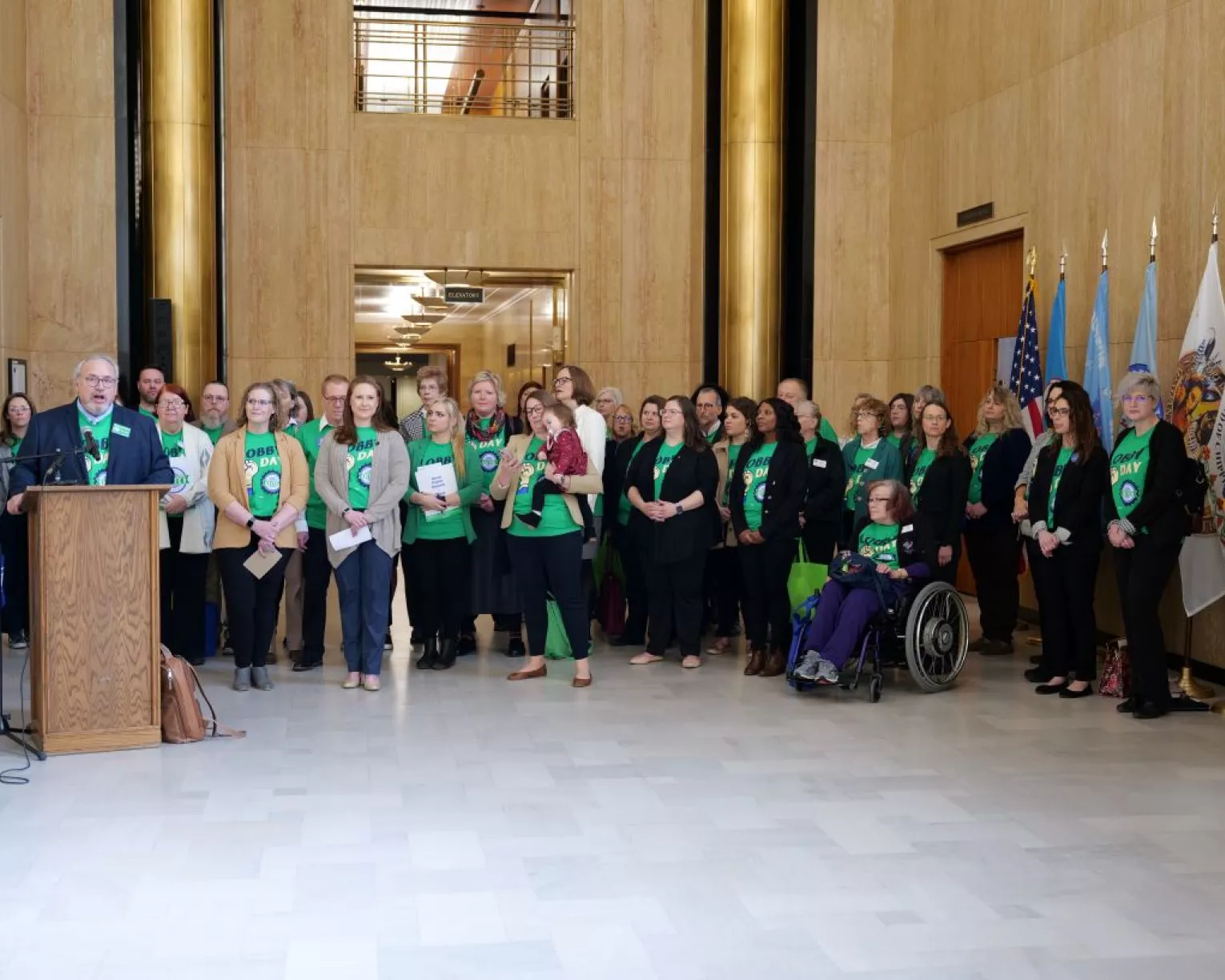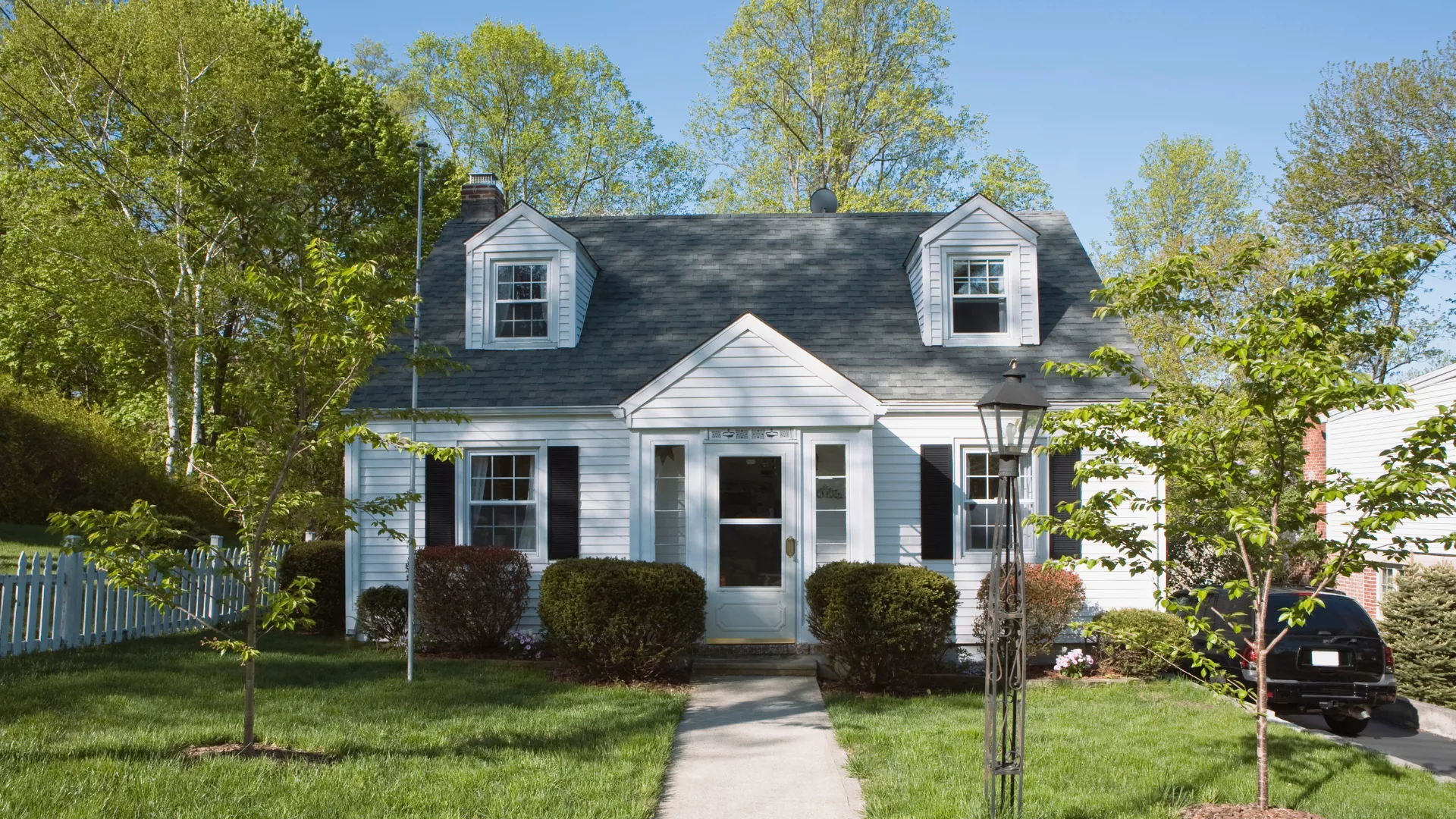The property taxes you pay are critical to the development of your community as they fund the public services available to you as a resident. If this measure passes, North Dakota would have to pay approximately $1.329 billion more per year to make up for lost property taxes that provide vital public services, including schools, police and fire protection, snow removal, libraries, etc.
Proponents of the measure claim that we can continue to have great public services, a few of which are listed above, while simply not having to pay property taxes. They often claim that we can use the Legacy Fund (current balance around $9 billion) and eliminate pork and waste. The specifics on these funding sources are limited and come painfully short of making up the shortfall.
Are there ways to improve property taxes? Absolutely, and they should be explored. Eliminating them all together, though, will create more problems than it solves.
No Plan Forward
The current ballot measure lacks a concrete plan to compensate for the lost funds. The State of North Dakota would need to raise an additional $1.3 billion in taxes or cut the same amount in services each year to cover for the absence of property taxes.
The End of Local Control
This measure would strip local communities of their voice in determining their needs. Local governing bodies, such as city, county, school, and park boards, are more accountable to residents and better equipped to respond to local issues.
Repealing property taxes would undermine the ability of local governments to address community problems, making them dependent on state legislators sitting in Bismarck. Local governments understand community needs better than the state legislature.
Additionally, the law would take effect on January 1, leaving no time to plan how to fund local budgets for 2025.
Ending Property Tax is a Smoke and Mirrors Tax/Fee Shift
Replacing property taxes with higher taxes elsewhere is not a viable solution. If this measure passes, local budgets would be frozen at 2024 levels, forcing the state and local governments to seek other revenue sources, leading to increased taxes and fees in other areas.
For example, increasing the state sales tax to offset the loss of property tax revenue would make North Dakota one of the states with the highest sales tax rates in the nation. Ultimately, residents would still bear the cost, as eliminating property taxes doesn’t resolve community funding needs.
This shift would adversely affect the elderly, lower-income residents, and renters, as current exemptions would be replaced with higher fees or taxes. Repealing property taxes would inevitably result in a scramble to find replacement revenue, likely leading to higher sales taxes and special assessments.
Public Services
Property taxes fund essential local services, including schools, law enforcement, fire protection, road maintenance, snow removal, parks, and libraries. Eliminating property taxes would jeopardize these critical services that ensure safety and infrastructure.
Rural healthcare, schools, and public safety would be at greater risk, especially in areas where other taxes and fees are scarce. Contrary to some beliefs, political subdivisions do not have broad authority to impose and collect fees. Property taxes contribute 30-40% of school budgets and are a fundamental revenue source for townships, cities, counties, school districts, and special entities.
Without this revenue, local governments would struggle to make new investments in community projects.
Bad for North Dakota Residents
Should the measure pass, state dollars currently benefiting all North Dakotans would be reallocated and cut. Out-of-state property owners would enjoy services without paying taxes, benefiting the most from the elimination of property taxes. Residential, agricultural, and commercial properties owned by out-of-state interests would no longer contribute to the infrastructure and public services they benefit from.
Frequently Asked Questions About Property Tax Elimination
Speak Up For Public Schools & Public Services

